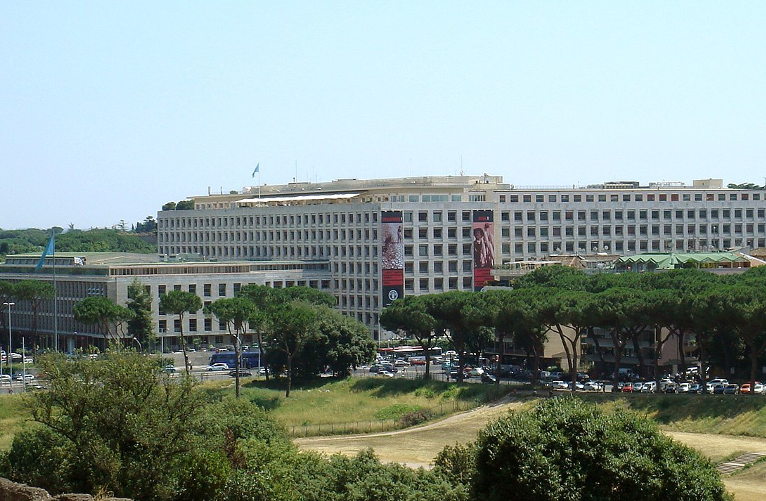The UN Food System Summit and Multistakeholderism
Multistakeholder processes are increasingly visible across food systems governance, and are at the heart of how the UN Food System Summit (UNFSS) is organized. But what is multistakeholder governance? Whose interests does this form of governance represent and promote? And how?
The concept of ‘stakeholders’ emerged in the 1930s to counter-balance the growing importance of ‘shareholders’ and related concerns around the responsibility of corporations to the broader public.
Since then, the term has come to refer to any group or individual affected by decisions (such as policies). Today, stakeholders include civil society (such as NGOs and social movements), the private sector, philanthropic organizations, academics, and governments.
Multistakeholder governance is a form of governance that brings together various stakeholders, or representatives from many different groups, to address a specific policy challenge or goal. While the form and function of multistakeholder governance vary widely, they all recognise stakeholder interests are diverse, and encourage exchanges between different perspectives.
In theory, encouraging dialogue between various parties is a good thing. In practice, multistakeholder processes often fail to recognise that not all stakes are the same. They fail to ask the question: who will be most-affected by these policies? And, as a consequence of that, whose voice should be prioritised? This critique is central to the concept of multistakeholderism.
To help explain this concept, and how it undermines people’s participation in the UNFSS, we developed a short video:
Multistakeholderism represents a drastic departure from multilateralism, where governments are the sole decision-makers. Multistakeholderism threatens democracy in a number of ways, including: the lack of a legitimate public selection process for ‘stakeholders’; the inherent power imbalance between categories of ‘stakeholders’, particularly transnational corporations and community groups; and the intrusion of business interests in formal international decision-making (Buxton, 2019). For all these reasons, multistakeholderism undermines the clear responsibilities of governments and erases mechanisms of accountability.
In addition, multistakeholderism can quickly limit the meaningful participation of those most-affected by food insecurity and already marginalized in our food system. This is because multistakeholderism fails to design clear participatory processes that span the entire decision-making process, from problem identification, through to negotiation, and does not address power relations among participants.
The UN Committee on World Food Security has a model that presents an antidote to multistakeholderism.
You can read more about this here:
- Most-affected principle
- Constituencies defined
- Failure to Engage: Civil Society Marginalized in UN Food Summit
Want to know more?
UN Food Systems Summit 2021: Dismantling Democracy and Resetting Corporate Control of Food Systems by Matthew Canfield, Molly D. Anderson and Philip McMichael
Multilateralism and Transformation of Corporate Food Systems: Different Visions, Different Pathways a summary of the Constructive Dialogue between the UN Deputy Secretary General and the CSM Liaison Group on the UN Food Systems Summit (FSS)
Multistakeholderism: A Critical Look by Nick Buxton
Multistakeholder Governance and Democracy: A Global Challenge by Harris Gleckman
Teaser photo credit: FAO headquarters in Rome. By Scopritore – Own work, CC BY-SA 3.0, https://commons.wikimedia.org/w/index.php?curid=4287061





